Ghana / Republic of Ghana – Let’s explore here
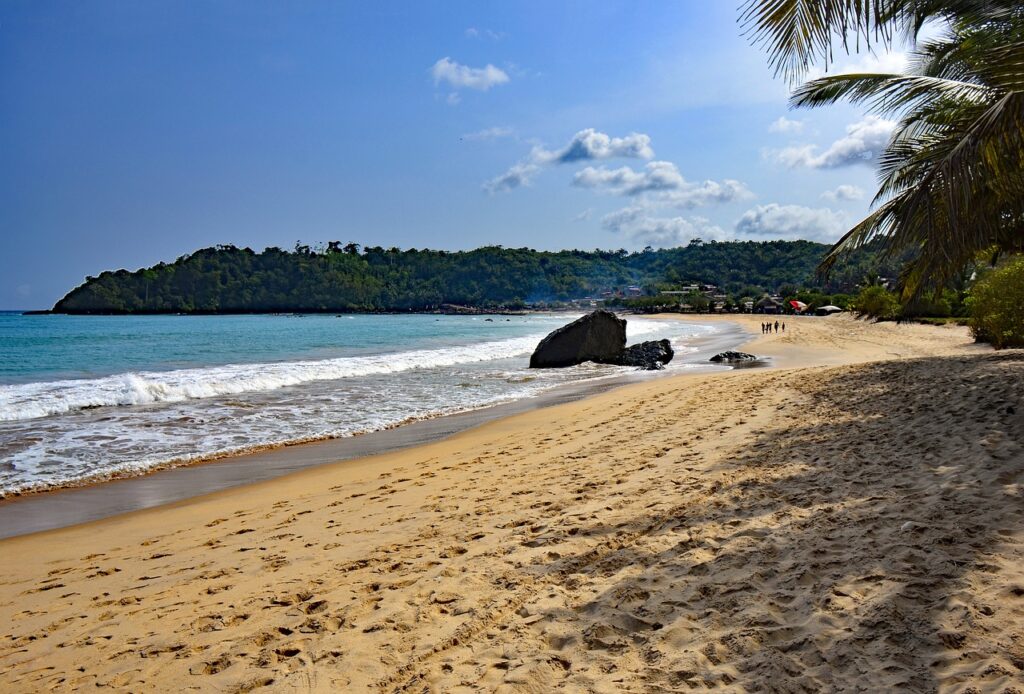
What’s it like in Ghana?
Ghana is a tropical country in west Africa. Almost the same size as the UK, It consists mostly of rainforest and savanna, with mangroves along the coast. The highest point is Mount Leklata at 2,952 ft (900m) above sea level. The mountain is located in the south east of etc country, on the border with Togo.
The population of Ghana is around 34½ million people (2023), about one in six of whom live in the metropolitan area of the capital, Accra. Only Nigeria has a larger population in west Africa.
It has a very long, rich and interesting history. Its neighbours include Togo, Cote d’Ivoire and Burkina Faso.
The largest artificial lake in the world, Lake Volta, is in Ghana. The name Ghana means “Warrior King” in Serakhulle.

A bit about the history of Ghana
Pre Colonial Period
Before the arrival of Europeans, the region now known as Ghana was home to several powerful kingdoms and empires. These included the Ashanti Empire, the Kingdom of Dagbon and the Mole-Dagbani people, among others. The Ashanti Empire, which emerged in the 17th century, was particularly notable for its wealth, military power and influence in West Africa. Trade in gold, ivory and slaves was central to the region’s economy.
Colonial Era
In the late 15th century, the Portuguese were the first Europeans to arrive, establishing forts along the coast for trade. By the mid 19th century, the British had established control over the region, making it part of the Gold Coast colony. The British eventually expanded their control through a series of military campaigns and treaties, consolidating power by the late 19th century.
Struggle for Independence
The movement for independence began in the early 20th century, with groups like the United Gold Coast Convention (UGCC) calling for self rule. Kwame Nkrumah, a prominent leader, was initially part of the UGCC but later founded the Convention People’s Party (CPP), which adopted a more radical stance. The CPP’s efforts, along with rising nationalist sentiments, led to significant protests and demands for independence. In 1957, Ghana became the first sub-Saharan African country to gain independence from colonial rule, with Kwame Nkrumah becoming its first Prime Minister and later its first President. This was a major turning point in African history, inspiring other nations to seek independence.
Post Independence Period
Under Nkrumah, Ghana embarked on ambitious industrialisation and social welfare projects. However, his regime was marked by authoritarianism and economic difficulties, leading to dissatisfaction. In 1966, Nkrumah was overthrown in a military coup while he was abroad.
Military and Civilian Rule
After Nkrumah’s overthrow, Ghana experienced a series of military coups and civilian governments. The country saw military regimes in the 1970s and 1980s, with General Jerry John Rawlings becoming a central figure. Rawlings initially came to power in a coup in 1979 but later transitioned to a civilian government in 1992 after the introduction of a new constitution. Under Rawlings’ leadership, Ghana experienced significant economic reforms and stabilisation.
Democratic Transition
In the early 1990s, Ghana successfully transitioned to a stable multi party democracy. The country’s political environment became increasingly competitive, with peaceful transitions of power. In 2000, Rawlings stepped down after two terms, and John Agyekum Kufuor of the New Patriotic Party (NPP) won the presidency in the first peaceful transfer of power since independence.
21st Century Politics and Development
Ghana’s democracy continued to evolve in the 21st century. The country experienced rapid economic growth driven by gold, cocoa and oil exports. However, challenges such as corruption, inequality, and regional tensions persisted. The political landscape was dominated by two main parties: the National Democratic Congress (NDC) and the NPP. In 2016, Nana Akufo-Addo of the NPP won the presidency, defeating incumbent John Dramani Mahama of the NDC. Akufo-Addo focused on economic growth, education reforms, and infrastructure development. However, the country faced economic challenges, including rising debt and inflation.
Recent Developments (2020-2025)
In the 2020 presidential election, Nana Akufo-Addo was re-elected for a second term, narrowly defeating Mahama. The COVID-19 pandemic had a significant impact on the country, disrupting the economy and public health. The government’s response focused on social safety nets and economic recovery. In 2025, Ghana continues to be a leading democracy in West Africa, but it faces ongoing challenges, including economic pressures, youth unemployment, and regional security concerns. Nonetheless, the country remains an influential player in African politics and development, with a growing middle class and active participation in international organisations like the African Union.
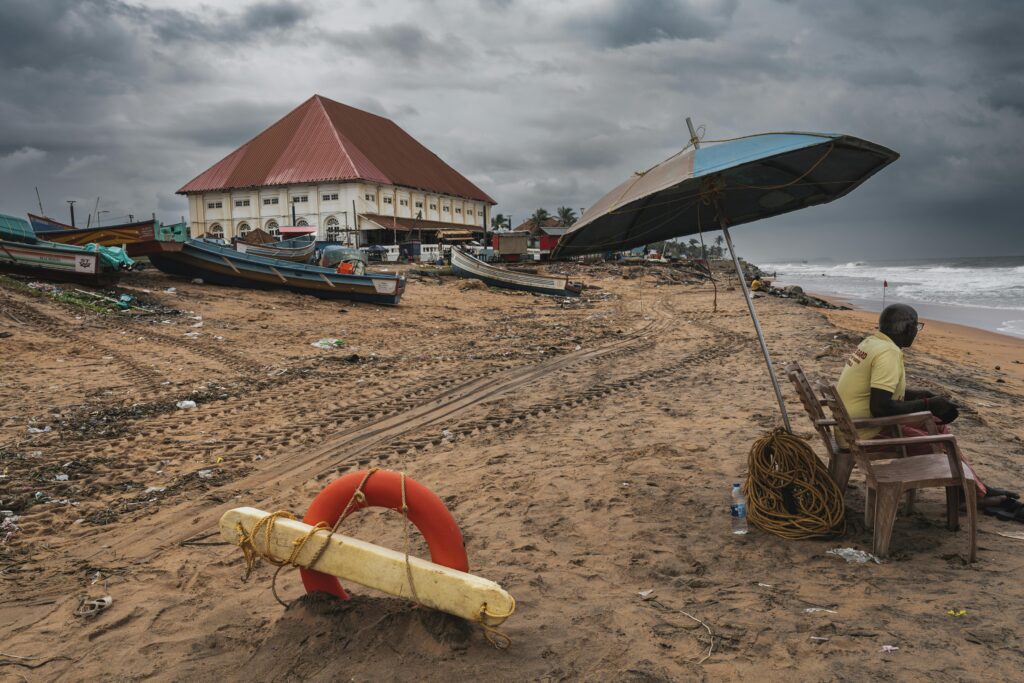
Ghana road trip
Our Ghanaian road trip is part of a much larger African road trip.
Map of our road trip through Ghana
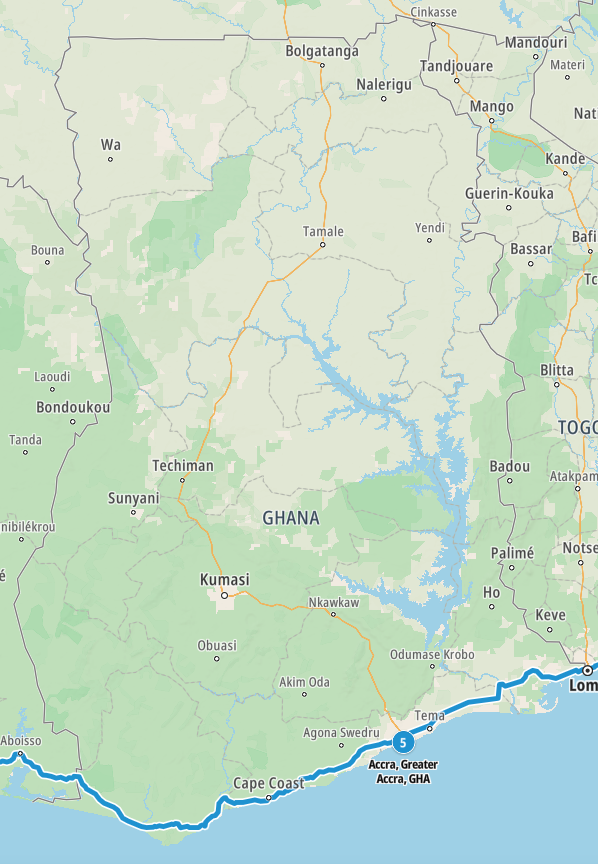
Our current planned Ghanaian road trip takes us from Cote d’Ivoire along the coast towards the capital, Accra, before moving on to Togo. More than likely we’ll explore Ghana much more than this initially planned continent-spanning route, in particular exploring more of the country inland.
Hopefully our journey will improve our knowledge of this intriguing and beautiful country, and enable us to meet some interesting people. We’ll be updating this page at that time – don’t forget to check back 🙂
What’s it like to drive in Ghana?
They drive on the right hand side of the road in Ghana. In the main, roads are very poor, with many being unsurfaced dirt tracks. Driving standards are also poor.
Do you require an international driving permit in Ghana?
We’ve created a dedicated page to driving abroad, which answers this question, and more, which you might find helpful.
Can you use your UK driving license when driving through Ghana?
We’ve created a dedicated page to driving abroad, which answers this question, and more, which you might find helpful.
Do I need a carnet de passages to drive in Ghana?
A Carnet de Passages is required to overland in Ghana. We’ve created a dedicated page to driving abroad, which answers this question, and more, which you might find helpful.
What currency do they use in Ghana?
In Ghana they use the Ghanaian cedi. Cash is widely used. The use of credit / debit cards is also widely accepted. Travellers cheques are also readily accepted in cities and many hotels. There are ATMs in cities and towns throughout the country.
You should make yourself aware of the amount that your bank charges you for using credit and debit cards abroad. Often credit cards are cheaper for purchasing items directly, and for withdrawing cash from ATMs.
What language do they speak in Ghana?
They mostly speak Akan in Ghana, although English is also widely spoken, and is the official language of the country.
What time zone is Ghana in?
Remember, when you’re planning your next trip to take a look at what time zone it’s in.
Do I need a visa to visit Ghana?
We’ve created a dedicated, more comprehensive page on visas, which you should find helpful. Check it out!
Is wild camping legal in Ghana?
Yes, wild camping is fine in Ghana.
What plug / socket type do they use in Ghana?
In Ghana they use plug / socket types D and G.
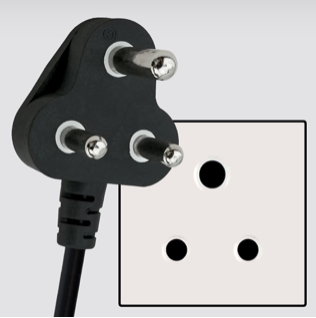
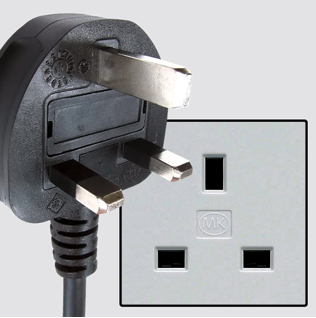
Health issues in Ghana
Is it safe to drink water in Ghana?
No, it is not safe to drink tap water in Ghana. Bottled water is readily available throughout the country.
What vaccinations are required for Ghana?
This NHS website is kept up to date with all relevant information on vaccinations in Ghana.
Phones in Ghana
What is the country calling code for Ghana?
The country calling code for Ghana is +233
What are the emergency phone numbers in Ghana?
- The emergency number for police in Ghana is: 112 / 191
- In Ghana, the emergency number for ambulance is: 112 / 193
- The emergency number for fire in Ghana is: 112 / 192
If you’ve got some useful info that you’d like to share, let us know!
And don’t forget to check out all the other pictures!
